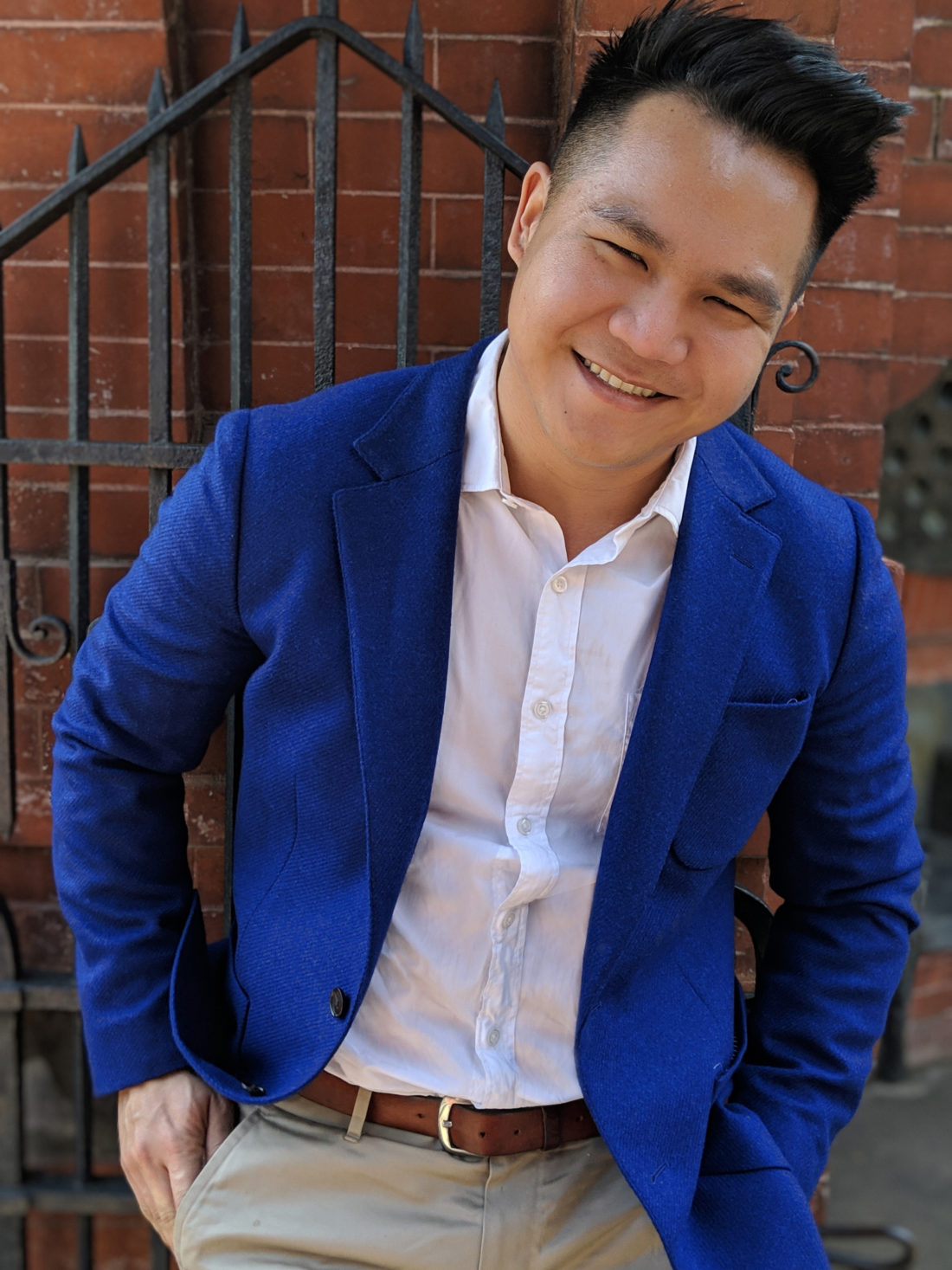The 2019 N.C. Writers’ Network Conference will kick off Friday, Nov. 8, with a free, open-to-the-public tailgate event at the Flatiron Writers Room. Later that evening, at the DoubleTree Asheville-Biltmore, local award-winning author Ron Rash will deliver a keynote, followed by a book signing, and the weekend will unfold with all manner of literary goodness from there.
Scheduled classes and workshops include sessions on writing of all kinds: screenplays, poetry, fiction and nonfiction, and various elements of the publishing industry. Writers can learn about book design and the ins and outs of working with small, independent presses. They can polish their chops on comedy and mystery writing and expertly querying agents. And, though most of these topics are standard for such gatherings, folks who attend this year’s conference will be treated to the opportunity to learn from some of the finest literary minds in the Southern mountains, courtesy of the Great Smokies Writing Program and various local groups (among them, Xpress A&E editor Alli Marshall will moderate a panel on the performance of written work.)
One workshop that stands out as different from the fare of many literary conferences is a session on ekphrasis, titled Growing Art from Art (poetry), with Eric Tran.
A psychiatry resident who grew up near San Francisco, Tran earned his bachelor’s degree in English and felt drawn to a writer’s life but also always knew he wanted to work in health care.
“I had a suspicion that I wanted to go into medicine, mostly for social justice reasons, because of LGBT health disparities,” he says. “I wanted to be on the front lines doing the work, versus doing the research about the work. But I knew that medicine is fairly demanding in its training … so I decided that if I was going to go on a path that would be 10 years of intensive training in medicine, I wanted to take the time to pursue my art first.”
Tran moved to Wilmington to pursue an MFA in creative nonfiction but soon discovered that “I really loved writing sentences — really beautiful, methodical sentences. I spent all three years doing that: writing very slowly and very little. And then I realized that, like, ‘Oh, maybe you’re actually just a poet, dude.’”
After a while, he shifted his focus and finished his MFA in poetry. Tran has since written two chapbooks, Revisions and Affairs with Men in Suits, and won the 2019 Autumn House Press Emerging Writer’s contest. His first full-length collection of poems, The Gutter Spread Guide to Prayer, is due out next spring. The book, he says, grapples with “the death of a friend who was gay and Asian, basically similar to me, with depression, contending with mental health, race, sexual identity, desire, and how all those things roll into each other.”
The way so many things might impact a person’s life and well-being is certainly fertile ground for poetry, but it’s also of interest to Tran’s other life path: psychiatry. And while there has been no shortage of medical doctors venturing into the world of fiction — Robin Cook, Khaled Hosseini, Abraham Verghese, for example — Tran’s view of mental health medicine and poetry is one of twin disciplines.
“I don’t think there’s ever a way to have one without the other,” he says of his relationship to his two fields. As with psychiatry, “writing is very invested in and very interested in language. Not just language in terms of how do we talk to each other day to day, but how do we invent language? Why is what’s accepted with language the only way to do it? Are there alternative ways? More beautiful ways? Are there more interesting or more expressive ways of using language?”
These questions are also at the heart of the workshop that Tran will be leading during the Writers’ Network Conference. Ekphrasis is, according to Merriam-Webster, “a literary description of or commentary on a work of art.” It’s the word for how an artist moves from being inspired by a piece of art to then creating a new piece of art.
Tran clarifies further. “If [you and I] look at the same piece of art,” he says, “we can have these experiences and talk about the experiences, but our way of processing it is very different. Trying to express that in a different art form is … such a great way to capture the nuance of how we experience art.
“People think of art as being in genres, as separate things,” he adds, “but writing has a very painterly quality. We talk about images and sensory stuff, as in visual art. Music has rhythm, and isn’t that a huge part of poetry, too?”
WHAT: N.C. Writers’ Network Fall Conference, ncwriters.org
WHERE: DoubleTree Asheville-Biltmore, 115 Hendersonville Road
WHEN: Friday, Nov. 8-Sunday Nov. 10. Advance rates are $275 full conference with meals for members/$400 nonmembers; On-site registration is $450, day passes are available




Before you comment
The comments section is here to provide a platform for civil dialogue on the issues we face together as a local community. Xpress is committed to offering this platform for all voices, but when the tone of the discussion gets nasty or strays off topic, we believe many people choose not to participate. Xpress editors are determined to moderate comments to ensure a constructive interchange is maintained. All comments judged not to be in keeping with the spirit of civil discourse will be removed and repeat violators will be banned. See here for our terms of service. Thank you for being part of this effort to promote respectful discussion.